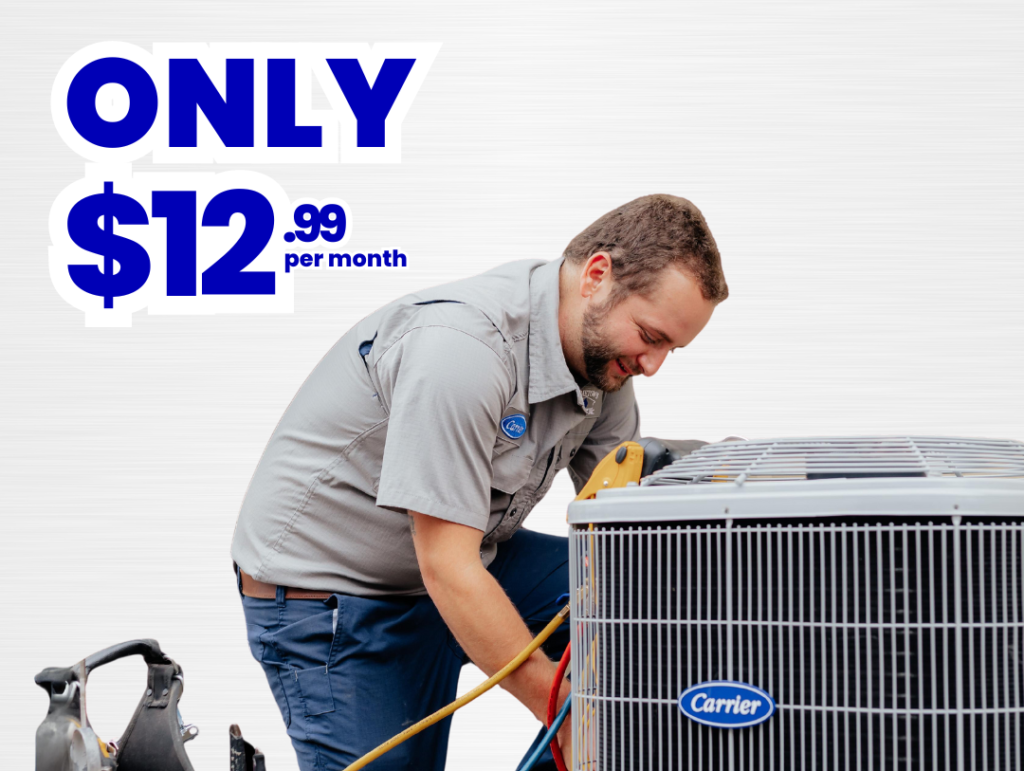Choosing the right hot water heater is more than a simple purchase—it’s a decision that impacts your daily life, budget, and environmental footprint.
The Importance of Choosing the Right Hot Water Heater
Selecting the appropriate hot water heater is crucial as it affects not only your daily comfort but also your utility bills and environmental footprint. A well-chosen hot water heater ensures consistent supply, energy efficiency, and longevity. It’s a long-term investment that requires careful consideration of your household’s needs, habits, and the local climate. Understanding the different types of heaters and their functionalities can significantly impact your satisfaction and the device’s performance.
Types of Hot Water Heaters
Navigating through the various types of hot water heaters can be overwhelming, given the multitude of options available. This section simplifies the complexity by providing a comprehensive overview of the four main types of hot water heaters.
Conventional Storage Tank Hot Water Heaters
Conventional storage tank hot water heaters are the most common type, offering a sizable tank to store and heat water. This ensures a ready supply of hot water when needed. They are available in various sizes and fuel options, including gas and electricity. While generally lower in initial cost, they can be less energy-efficient than other types due to heat loss from the stored water.
Tankless Hot Water Heaters (On-Demand)
Tankless hot water heaters, also known as on-demand water heaters, provide hot water only as it is needed, eliminating the need for a storage tank. This design reduces energy consumption, as it avoids the cost of keeping a large volume of water heated at all times. These units are compact, saving valuable space, and are known for their longevity and lower operating costs.
Heat Pump Hot Water Heaters (Hybrid)
Heat pump hot water heaters, often referred to as hybrid water heaters, use heat from the air or ground to heat water, making them significantly more energy-efficient than traditional electric models. They are ideal in warm climates where the technology can best utilize the ambient heat. Although they have a higher upfront cost, the energy savings over time can be substantial.
Condensing Hot Water Heaters
Condensing hot water heaters are an efficient option for homes that use natural gas as the primary energy source. These units utilize excess gas fumes to heat the water, making them more energy-efficient than traditional gas water heaters. They are particularly effective for households with high hot water demand, providing a cost-effective and environmentally friendly solution.
Factors to Consider When Choosing Hot Water Heaters
Selecting the ideal hot water heater involves more than just picking a type. It’s about finding a perfect match for your specific needs and circumstances.
Size and Capacity
Choosing the correct size and capacity for your hot water heater is essential to meet your household’s hot water demands without incurring unnecessary costs. A unit too small will constantly run out of hot water, while an oversized unit will increase your energy bills. Consider the number of occupants, usage patterns, and peak hour demand when determining the appropriate size.
Energy Efficiency
Energy efficiency is a critical factor to consider when selecting hot water heaters, as it directly impacts your energy bills and environmental footprint. Look for units with high Energy Star ratings and understand the efficiency metrics like the First Hour Rating (FHR) and Energy Factor (EF). An energy-efficient unit may have a higher upfront cost but can offer significant savings in the long term.
Cost and Longevity
While the initial cost is an important consideration, it’s also crucial to consider the long-term operating costs and the lifespan of the unit. Evaluate the total cost of ownership, including installation, maintenance, and average life expectancy. Investing in a more expensive, durable unit can be more cost-effective over time compared to replacing a cheaper, less reliable model frequently.
Fuel Type and Availability
The type of fuel your water heater uses can affect its performance, cost, and suitability for your home. Common fuel options include electricity, natural gas, propane, and solar energy. Consider the availability and cost of these fuels in your area, as well as any potential future changes in energy costs or regulations.
Installation and Maintenance
The journey of owning a hot water heater doesn’t end with the purchase. Installation and ongoing maintenance are crucial for ensuring safety, efficiency, and longevity.
Professional Installation
Professional installation of your hot water heater is crucial for safety, efficiency, and warranty validation. Certified technicians ensure proper setup, adherence to local codes, and optimal performance of your unit. They can also provide valuable advice on the best location for installation and any additional components needed.
Routine Maintenance and Long-Term Care
Regular maintenance extends the life of your hot water heater and ensures it operates efficiently. This includes tasks like checking the pressure relief valve, flushing the tank to remove sediment, and inspecting the anode rod. Establishing a maintenance schedule with a professional service can prevent costly repairs and prolong the lifespan of your unit.
Making an Informed Decision
Choosing the right hot water heater is a significant decision that affects your daily comfort, finances, and environmental impact. By considering the types, size, efficiency, and fuel options, you can select a unit that meets your needs and provides reliable service for years to come.
Why Trust Our HVAC Expertise
Our company’s extensive experience and commitment to customer satisfaction make us a trusted name in the HVAC industry. We pride ourselves on providing knowledgeable guidance, high-quality products, and professional services to ensure you make the most informed decision regarding your hot water heater purchase.
Frequently Asked Questions
How often should I schedule maintenance for my hot water heater?
It’s recommended to schedule professional maintenance for your hot water heater at least once a year to ensure it operates efficiently and to prolong its lifespan.
Can I switch the fuel type of my hot water heater after installation?
Switching the fuel type of a hot water heater after installation is generally not recommended as it can be costly and may require significant modifications. It’s best to choose the most suitable fuel type before installation.
Are there any government rebates or incentives for installing energy-efficient hot water heaters?
Yes, there are often government rebates or incentives available for installing energy-efficient hot water heaters. It’s advisable to check with your local government or energy provider for current offers.
Is it necessary to have a water softener with hot water heaters?
While not necessary, having a water softener can be beneficial, especially in areas with hard water, as it can help prevent scale buildup in the hot water heater and prolong its lifespan.
Can hot water heaters also be used for heating the house?
Some hot water heaters, especially combination systems, can provide both domestic hot water and space heating. However, it’s important to choose a system specifically designed for both purposes.
Are there any specific brands of hot water heaters that are recommended for reliability and efficiency?
We personally recommend John Wood tankless water heaters which are among the best in the industry. They offer a wide selection of natural gas and propane tankless water heaters.
What should I do if my hot water heater starts leaking?
If your hot water heater starts leaking, it’s important to turn it off immediately, shut off the water supply, and contact a professional for repair or replacement to prevent water damage and ensure safety.





